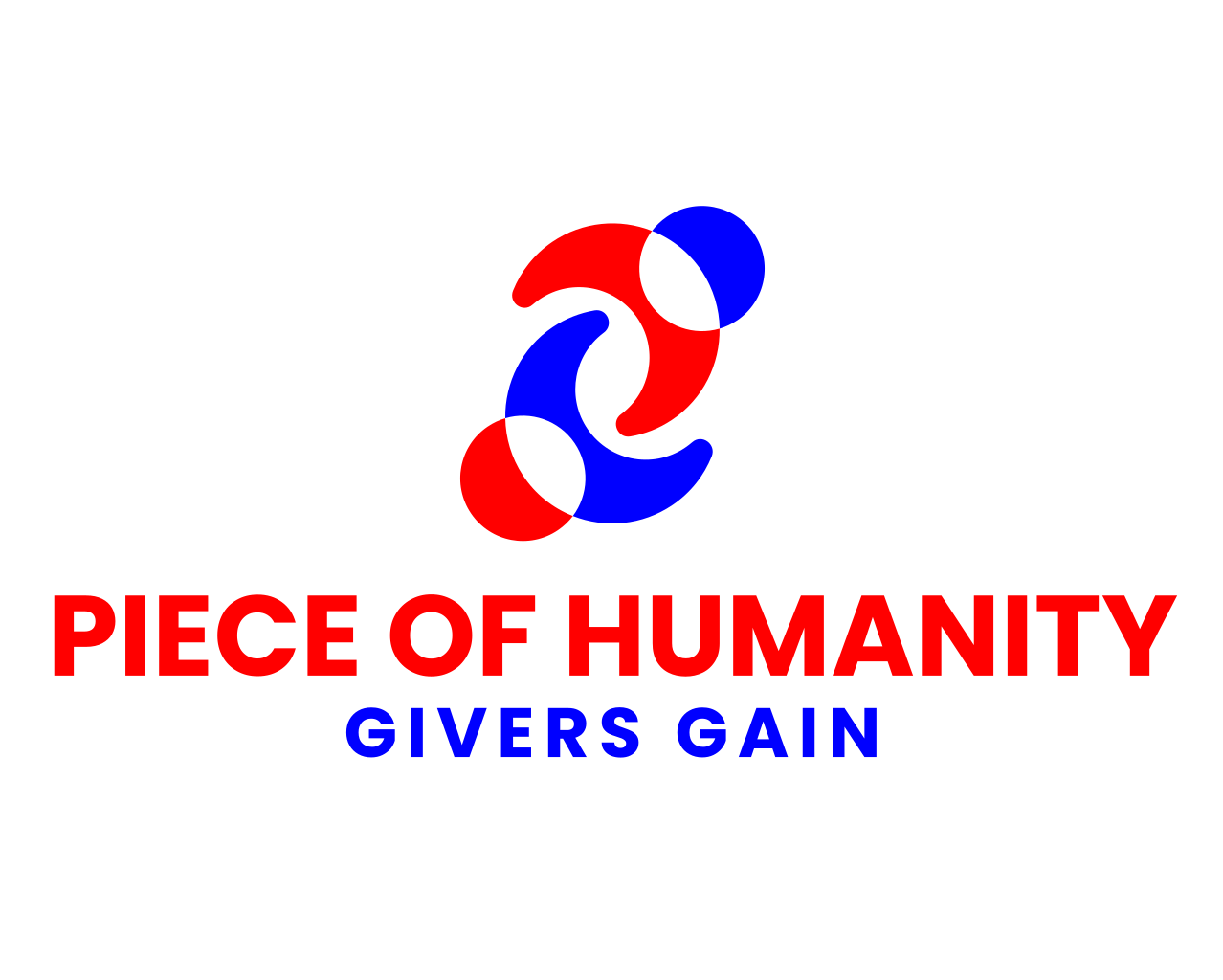For decades, America’s involvement in wars has dramatically altered Christianity worldwide, often sparking increased persecution. By intervening in nations like Iraq, Syria, and Libya, the U.S. aimed to install democracies mirroring its own, hoping to stabilize regions. Instead, these actions frequently destabilized leadership, creating power vacuums that extremist Islamist groups exploited. Consequently, Christian communities faced heightened violence and martyrdom. Experts argue this pattern reflects a misunderstanding of local dynamics, where toppling regimes unleashed chaos rather than freedom. Today, the decline of historic Christian populations in war-torn areas raises urgent questions about U.S. foreign policy’s unintended consequences. Council on Foreign Relations | BBC News
Power Vacuums Fuel Christian Persecution
When America ousted leaders like Saddam Hussein, it inadvertently empowered radical factions. In Iraq, Chaldean Christians, one of the oldest Christian communities, saw their numbers plummet after the 2003 invasion. Similarly, Syria’s civil war, exacerbated by U.S. support for certain rebel groups, devastated Christian enclaves. Extremist Islamists, filling the leadership void, targeted these minorities with brutal efficiency. For instance, ISIS capitalized on the instability to commit atrocities against Christians. Thus, the vacuum left by shifting power dynamics directly correlates with rising persecution. Meanwhile, U.S. policymakers believed democracy would protect religious freedoms. Pew Research Center | The Guardian
Democracy’s Misstep Worsens Christianity Martyrdom
America’s push for democracy often backfired, intensifying Christian martyrdom. In Libya, after NATO-backed forces toppled Gaddafi, Islamist militias gained ground, attacking Christian minorities. The U.S. assumed democratic governance would foster tolerance, yet the opposite occurred. Instead, fragmented leadership allowed extremists to thrive. Moreover, Operation Timber Sycamore, a covert U.S. program to arm Syrian rebels, indirectly strengthened jihadist groups hostile to Christians. As a result, ancient communities faced erasure. This miscalculation highlights a recurring flaw in America’s strategy. Transitioning to democracy, it seems, rarely safeguards vulnerable populations. Foreign Policy | Al Jazeera
Global Christianity: Future Uncertain
Now, global Christianity grapples with the fallout of these wars. In the Middle East, Christian populations have shrunk dramatically since America’s interventions began. For example, Iraq’s Christian community dropped from 1.5 million in 2003 to under 250,000 today. Likewise, Syria’s Christians face ongoing threats as instability persists. Although America aimed to curb conflict, its actions often amplified it, leaving Christians exposed. Furthermore, the rise of extremist Islamist ideologies in these regions continues unchecked. Therefore, the legacy of U.S. wars reshapes not just geopolitics but also religious landscapes. Open Doors USA | Reuters
A Call for Reflection for Christianity
Ultimately, America’s wars have redefined global Christianity, often to its detriment. By destabilizing regimes, the U.S. unwittingly empowered extremists, leading to widespread Christian persecution and martyrdom. While the intent was to spread democracy, the outcome has been chaos and loss for many faithful. Moving forward, policymakers must reassess this approach, prioritizing the protection of vulnerable minorities. Otherwise, historic Christian communities may vanish entirely. So, how can America balance its democratic ideals with the real-world consequences for global Christianity.
